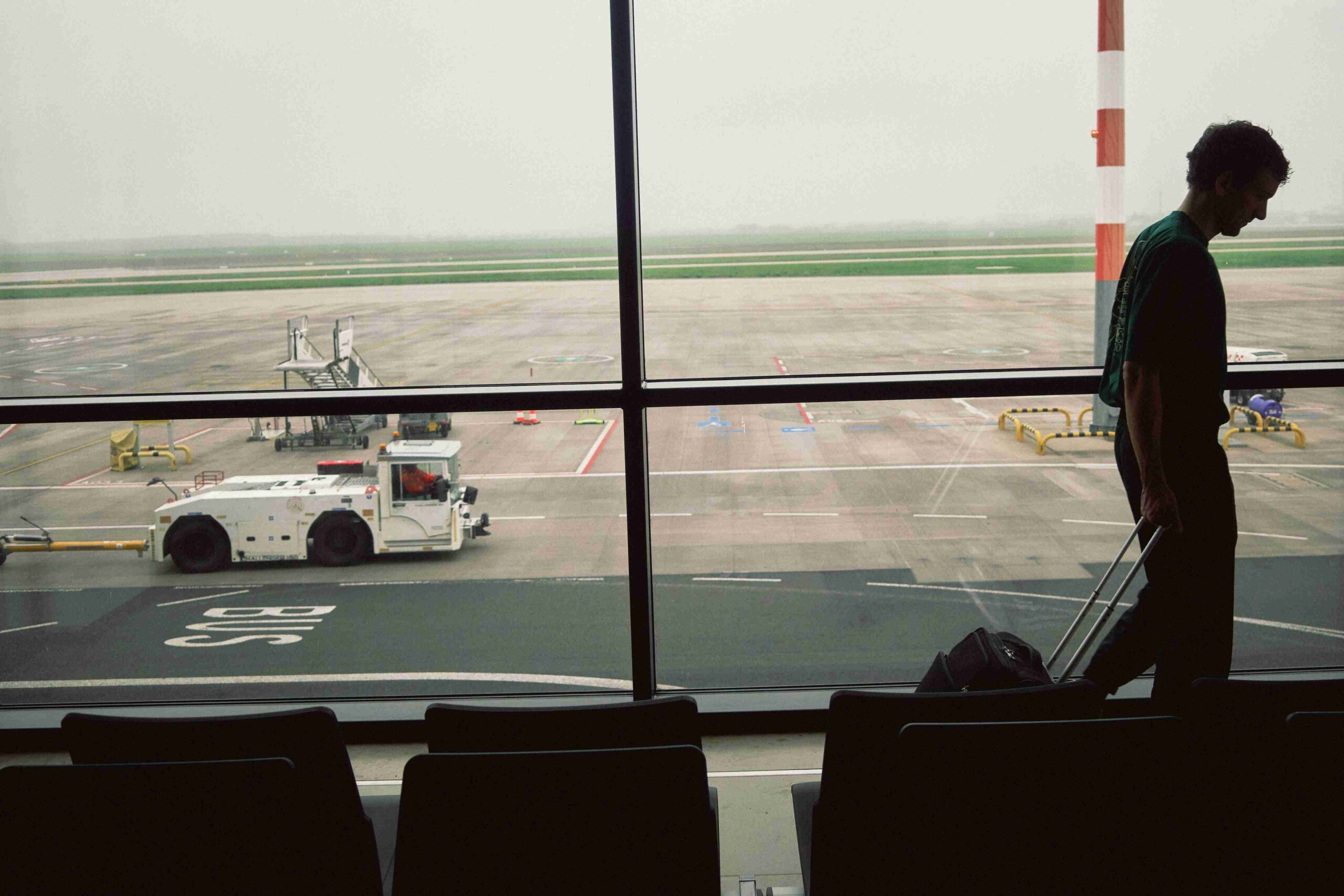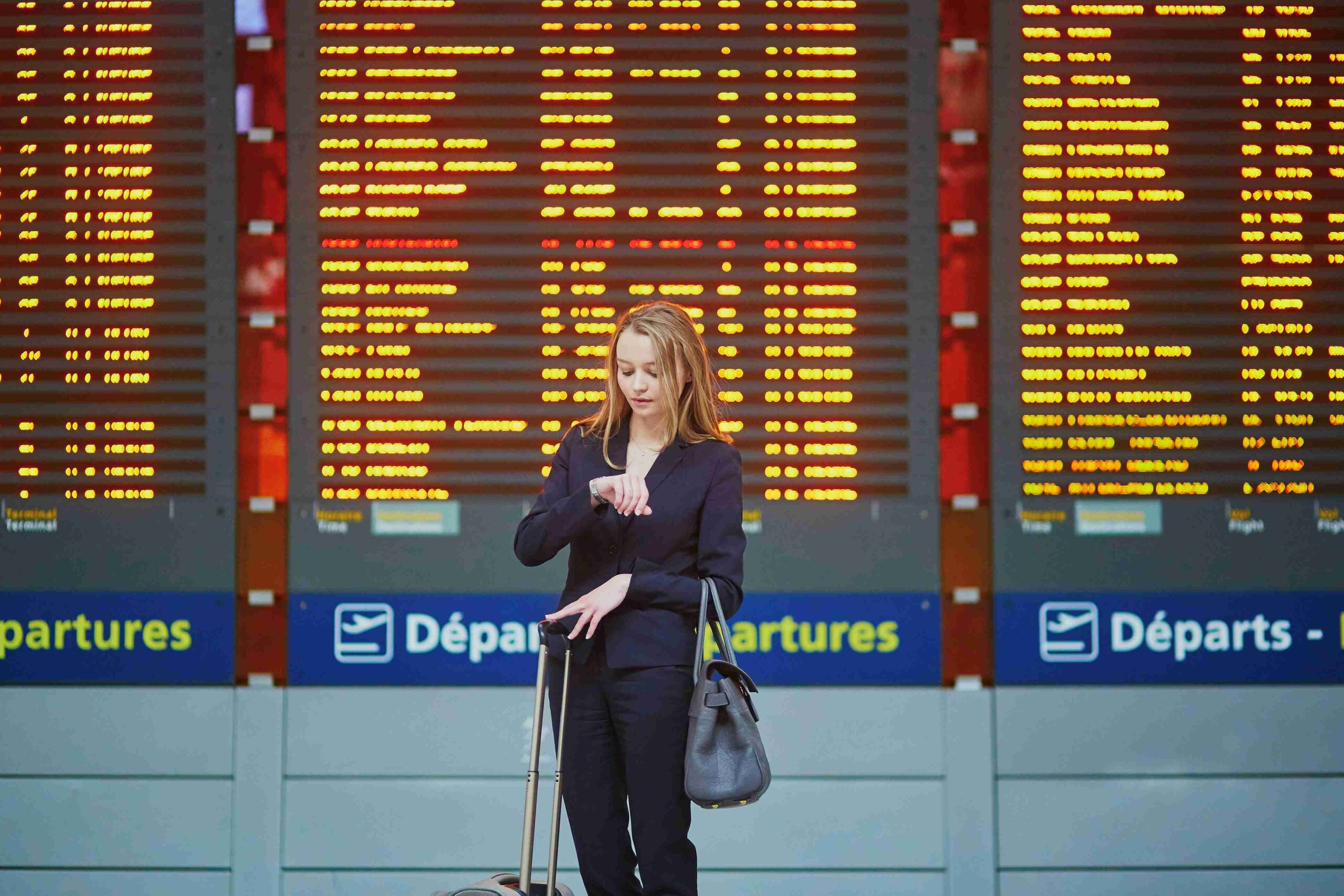Flights are overbooked more often than passengers might think, and while it’s a common airline practice, it can be a frustrating surprise for travelers. When an airline sells more tickets than there are seats on a plane, it creates a situation where some passengers may be denied boarding. This scenario, known as “bumping,” can disrupt travel plans and leave passengers scrambling for solutions. However, being prepared and knowing your rights can turn this unexpected inconvenience into a manageable situation. Whether it’s negotiating for compensation or finding an alternative flight, there are several steps travelers can take when faced with an overbooked flight.

What to Know About Overbooking Before You Travel
What is Overbooking and What Can You Do?
First off, overbooking is not illegal. It is a practice the airlines regularly deploy to make up for no shows. But it is regulated by the U.S. Department of Transportation.
According to the DOT website, “When an oversale occurs, the Department of Transportation (DOT) requires airlines to ask people who aren’t in a hurry to give up their seats voluntarily, in exchange for compensation.”
Christopher Elliott, consumer advocate and syndicated columnist, said that the DOT’s Fly Rights website should be a traveler’s first stop to learn about his or her rights. Of particular importance, he noted, is the written statement describing a traveler’s rights when getting involuntarily bumped—it explains how the carrier decides who gets on an oversold flight and who doesn’t.
“If you don’t get it voluntarily, ask for it,” said Elliott. “It you don’t ask for it, the airline can claim whatever it wants to.”
By law, passengers who are bumped are required to receive compensation; however, that compensation varies according to whether a traveler is voluntarily or involuntarily bumped. According to the DOT’s most recent Air Travel Consumer Report, more than 40,000 passengers were involuntarily bumped from flights on the nation’s top 12 airlines in 2016. More than 400,000 were bumped voluntarily.
Elliott also said you should be aware of when the next flight to your destination is leaving and how long the delay will be, in order to lobby for hotel accommodations and meal vouchers.
“There comes a time when you have to start negotiating,” said Elliott. “Don’t leave it to the generosity of the airline—even the best airlines are not generous, they are programmed to say ‘no’ at every turn.”

How to Avoid Overbooked Flights
There are some key things you can do, said Elliott, to reduce the likelihood you’ll get involuntarily bumped from your flight. One is to not fly during peak days, such as the Fourth of July or a day or two before Thanksgiving. Also, if you can, stay away from regional carriers, who are the worst offenders when it comes to overbooking.
The second most common offenders, said Elliott, are legacy carriers such as United, American and Delta; low-cost carriers such as Jet Blue and Southwest are rarely guilty of overbooking, he said.
According to the DOT website, those who get bumped first are usually those with the lowest-priced fares and those who check-in last, so if it’s important you make the flight, check-in and arrive as early as possible.
“Your civil rights are suspended on a plane,” said Elliott. “You can be kicked off a plane for any reason. It’s a different dynamic.”

